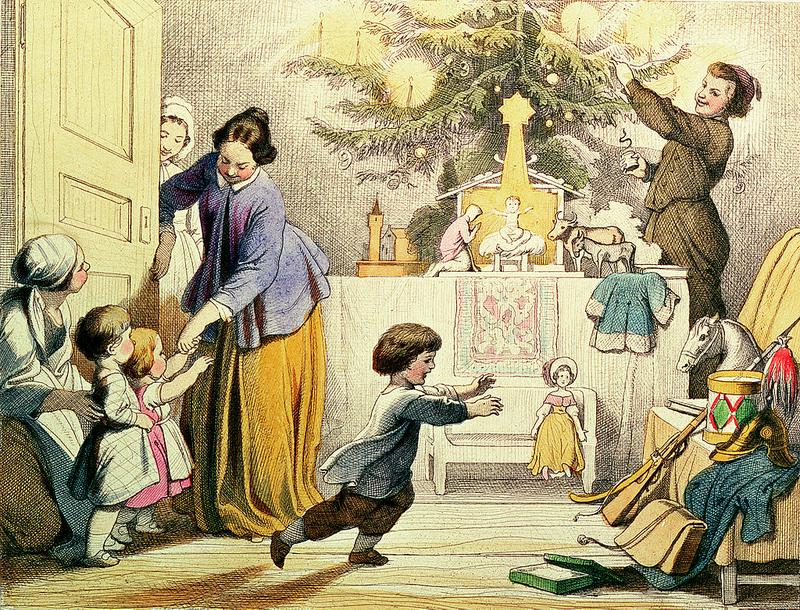Boxing Day History: The True Origins Of Why We Celebrate Boxing Day
By | December 24, 2020

To many parts of the world, Boxing Day is a big deal, but in others, it hasn't caught on quite like it did in the United Kingdom, South Africa, Canada, and Australia. Contrary to what you might think, Boxing Day has less to do with throwing punches than charitable giving, so why is it called Boxing Day? What is Boxing Day, exactly?
A Different Kind Of Box
As fans of Downton Abbey can attest, domestic servants were commonplace in England in the 1800s. In fact, they made up the largest industry of the day. The majority of people in England employed domestic help, from the wealthy aristocrats whose home maintenance required enormous teams to the modest middle-class family who relied on only one or two jacks of all trade. The majority of these workers lived in cramped "servants' quarters" in their employer's home, had few days off, and worked long hours for little pay.
Naturally, domestic servants were required to work on Christmas Day. The cookies weren't going to bake themselves, and heaven forbid a lavish holiday party be interrupted by unsupervised children. Servants didn't totally miss out on the festivities, though. Perhaps out of Christian guilt, it was customary for those who employed servants to give them the day off on December 26, sending them off to their own families with boxes of gifts, money, and/or leftovers.

The Big Box
Although most historians trace Boxing Day to the Christmas boxes given to domestic servants, there is another possible explanation for the holiday. In the 1800s, as more and more people opened their eyes to social issues like orphaned children, poverty, and homelessness, churches took up special collections for these causes at their weekly services throughout the year. The money was stored in a locked collection box, and on Christmas Day, the church elders met to open it. The money was counted out, and the next day, it was distributed to the needy in the community. These days, charitable gifts are most often given to needy people in the weeks before Christmas, not after.

Boxing Day Today
Many people think Boxing Day was invented by Charles Dickens in his 1837 novel The Pickwick Papers, but written references to the holiday trace back to at least 1833. Still, the novel boosted the holiday's popularity. By 1871, Boxing Day had become a national holiday in England and soon spread around the globe as the British Empire expanded.
These days, Boxing Day is primarily celebrated as a shopping holiday, similar to Black Friday in the United States. In some parts of Europe, primarily Ireland and Spain's Catalonia region, Boxing Day has become intrinsically linked with Saint Stephen's Day, which coincidentally celebrates a saint known for his acts of charity on December 26.
In countries where soccer is a popular sport, some of the most important matches of the year are held on Boxing Day. It was once traditional to watch the "big game" on Christmas, but some began to complain in the togetherness-obsessed 1950s that the sport pulled people away from their families, so the games were moved to the next day. Imagine suggesting they do the same for Thanksgiving football.

